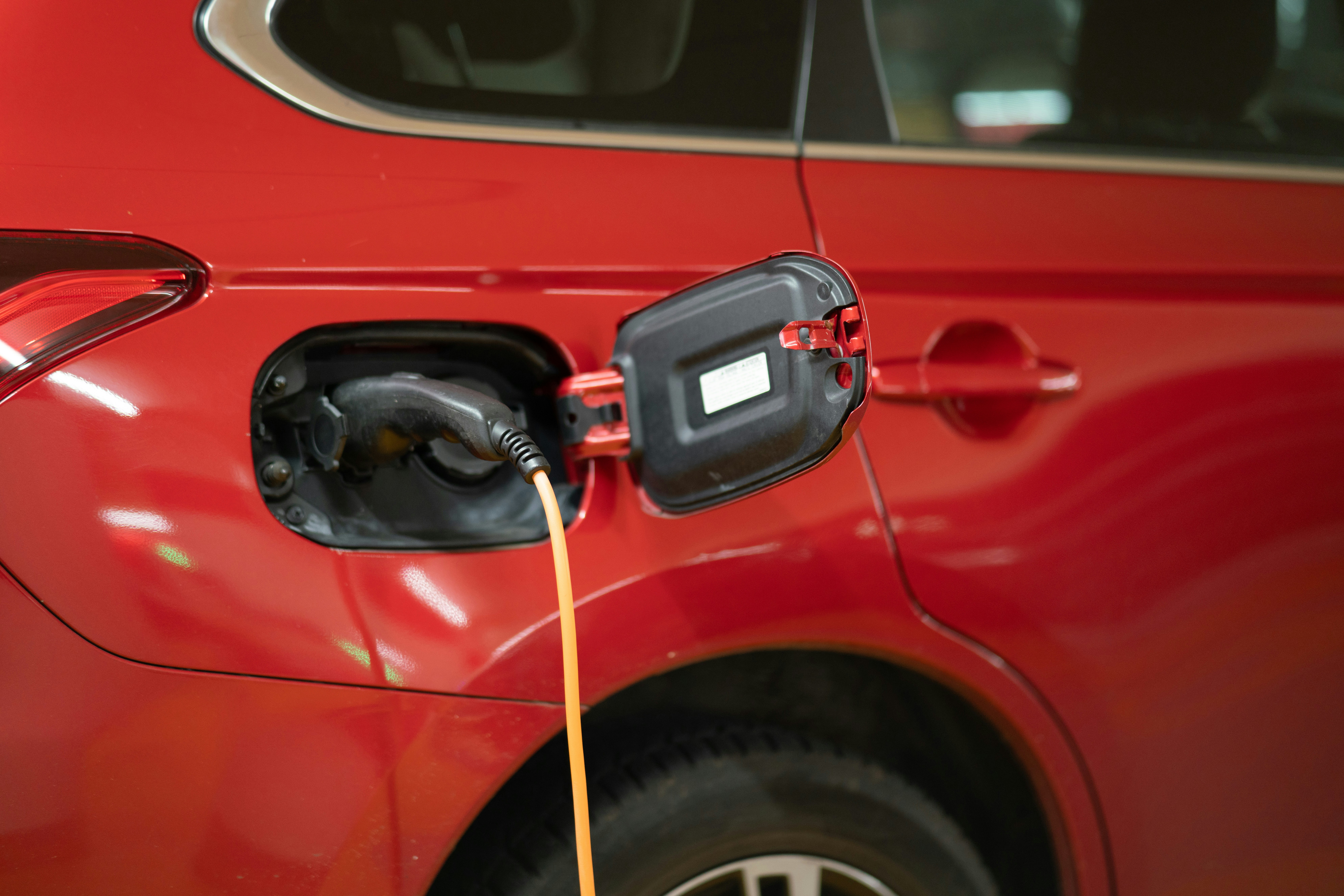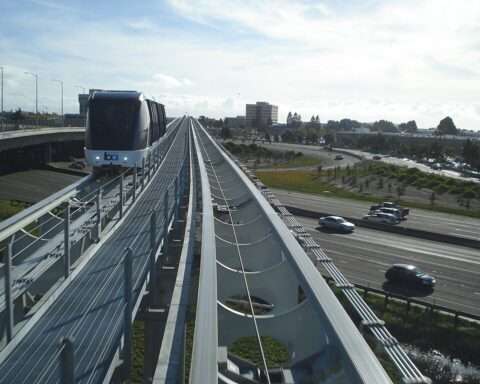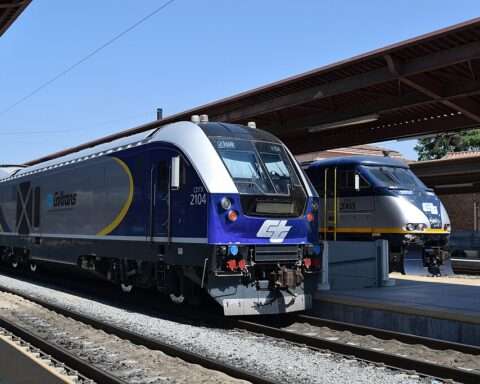The Rhode Island Department of Transportation (RIDOT) is receiving an additional $15 million in federal funding to accelerate the buildout of more than 200 electric vehicle (EV) chargers statewide. Funding comes via the U.S. Department of Transportation’s $2.5 billion Charging and Fueling Infrastructure (FCI) Discretionary Grant Program.
This announcement comes on the heels of the state being the first in the nation to complete Phase 1 of the National Electric Vehicle Infrastructure (NEVI) Program, installing eight Direct Current Fast Chargers and six Dual-Port Level 2 charging stations along the Alternative Fuel Corridor on Interstate 95. NEVI is providing states with a separate pool of $5 billion for charging infrastructure along federally chosen routes.
RIDOT is working with the Rhode Island Office of Energy Resources (OER) and the Rhode Island Department of Environmental Management to install 206 EV chargers at 85 charging sites statewide through the Charging Ahead program.
Charging Ahead seeks to broaden community-based EV charging infrastructure and address gaps in charging accessibility. The project will deploy chargers at community sites including public road parking lots, municipal office buildings, public schools and public parks.
The sites were chosen with a focus on Disadvantaged Census Tracts identified under the federal Justice40 initiative to enable residents to travel to commercial and recreational destinations. RIDOT and its partners plan to create a cohesive statewide network of EV charging stations that can be accessed through a smartphone app maintained by a dedicated contractor.
Both NEVI and the CFI Discretionary Grant Program were established under the Bipartisan Infrastructure Law, with funding being allocated to states over five years to deploy publicly accessible EV charging and alternative fueling infrastructure. CFI focuses on areas where people live and work, including both urban and rural locations such as downtown areas and neighborhoods.
The findings from a NEVI survey will help plan Phase 2 to effectively meet the needs of both public and private entities. Phase 2 is expected to begin this fall, continuing expansion of EV charging infrastructure along public roads and other accessible locations.
Photo by Michael Fousert on Unsplash













